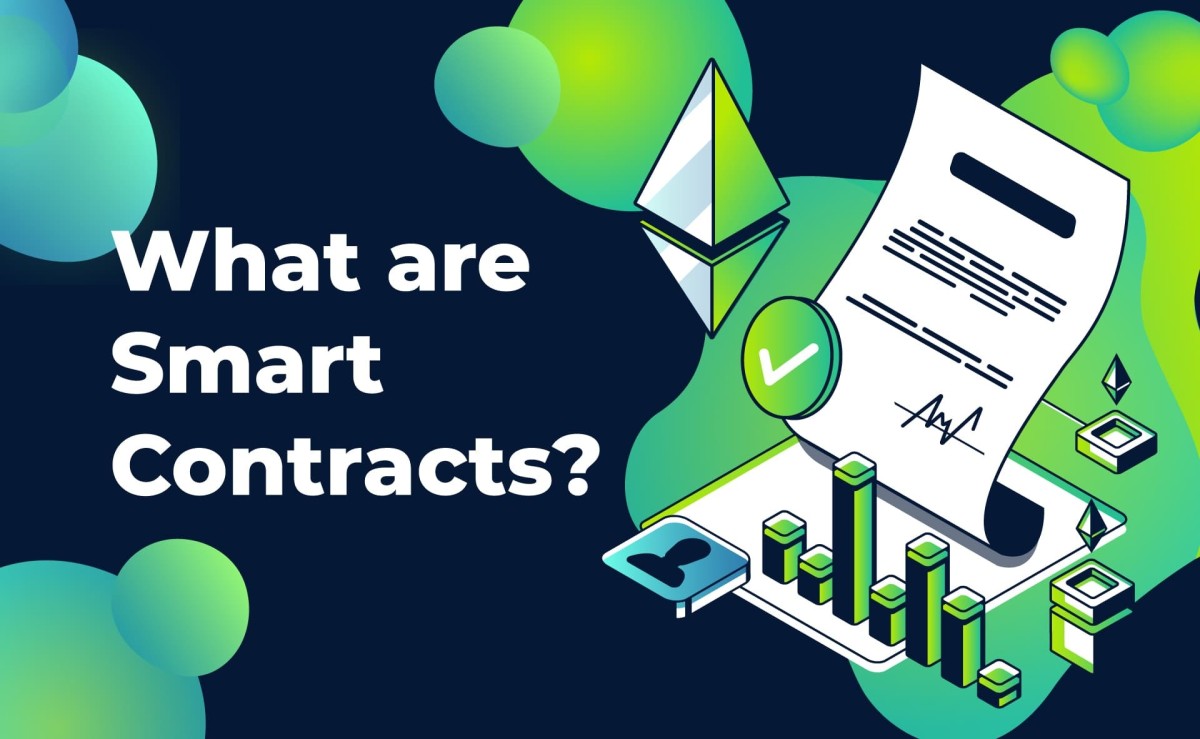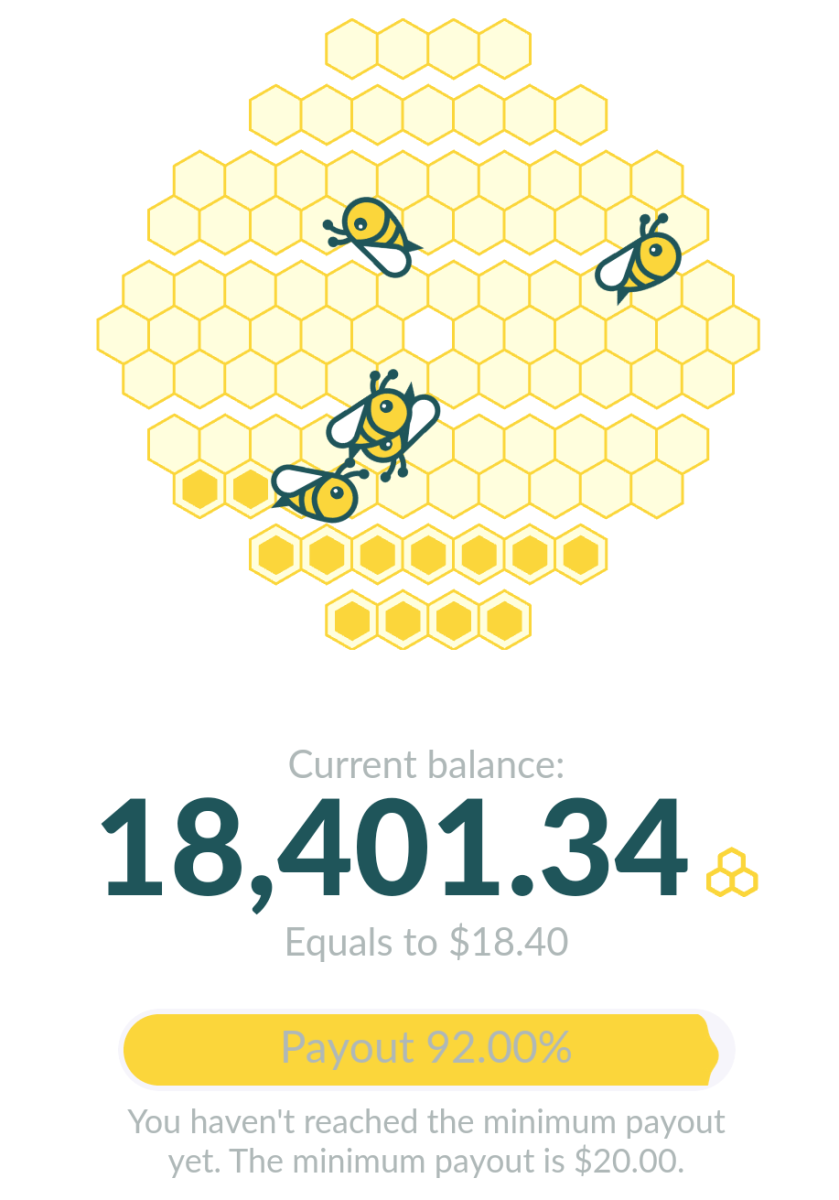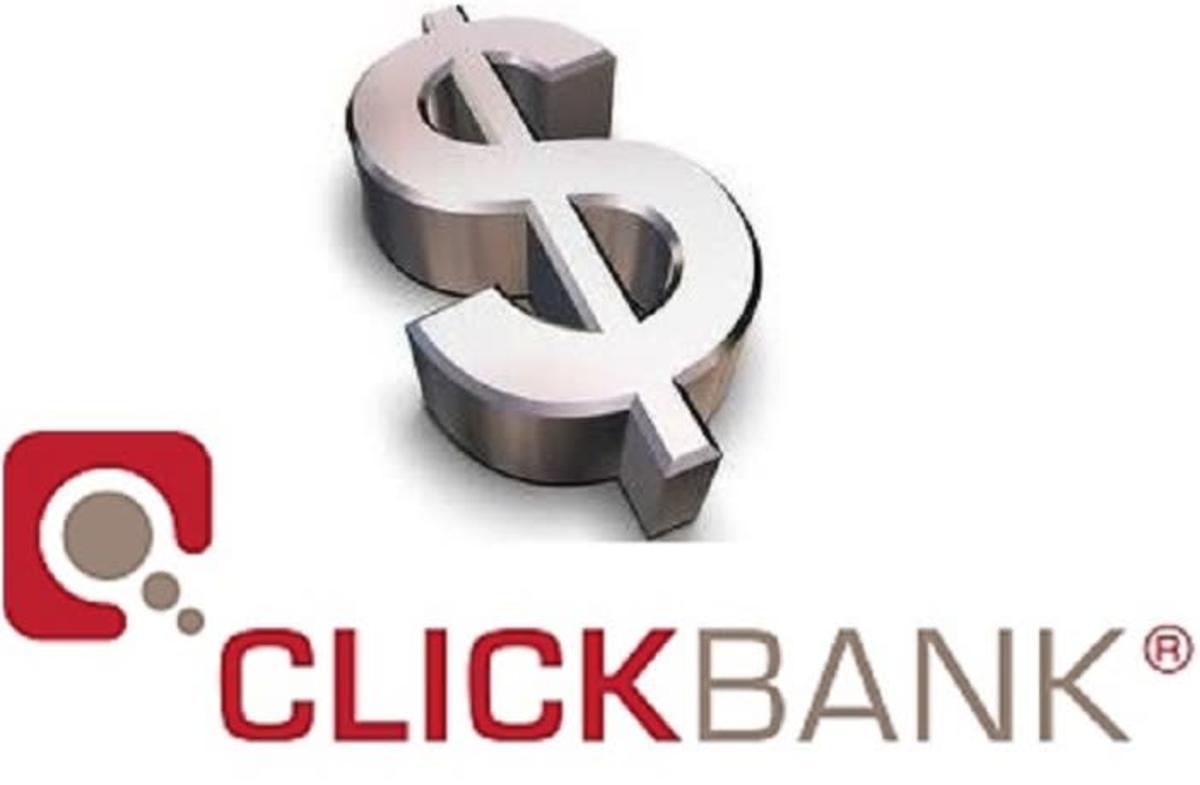Passive income with mobile development
In this hub I want to show how you can generate passive income with mobile devices programming. Knowing of any programming language isn’t necessary. If you have good idea for profitable mobile application it can be created by someone else.
I think that programs for mobile devices are one of the most profitable methods of passive income. But it is also the hardest one. If you choose this path you have to make few decisions. First of all : which mobile platform choose and second one : write application by yourself or outsource it.Second question can be quite easy. If you have programming skills you can do this but your own. But in other case you have to outsource this work. Outsourcing is cheep this days and many people (for example Pat from http://www.smartpassiveincome.com/) use it to develop passive income sources.

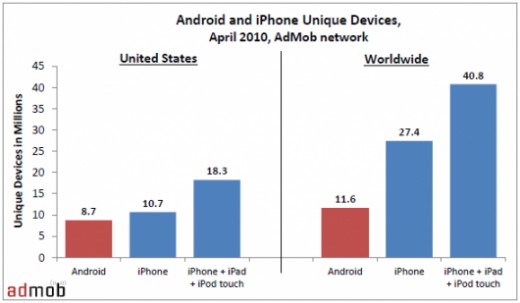
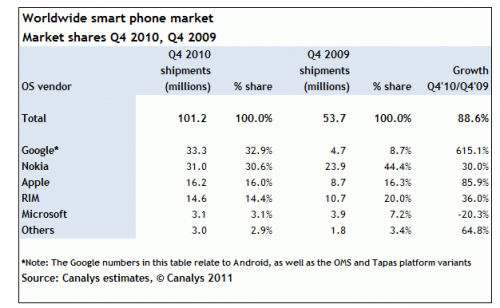
Choosing mobile platform
Choosing best mobile platform is quite hard. You have think about how many people use it, have many application it have, if platform vendor gives documentation and APIs etc. Also thing like licenses and sharing money from selling of you app with platform vendor or mobile operator are important.Selling models can be quite tricky too. Sometimes it is better to give your application for free and earn on commercials, but no all vendors gives that possibility.
Today we have four players on the market : Microsoft with Windows Phone 7, Google with Android, Research in Motion’s with Blackberry and Apple with iPhone. You can think that the are also Linux and Symbian but this platforms are literally dead when it comes to mobile devices (Nokia, the main company who develop Symbian sign contract with Microsoft last week about use Windows 7 mobile on Nokia phones so Symbian was killed officially).
Let’s start with Google Android. It is quite young platform. It have open sources and have abilities to run programs written in Java (writing in C is also possible but it is much tricky). So you have to know Java programming language for writing Android apps. Google gives Android Market which is place where you can put you applications (you have to pay 25$ when accessing the Market for the first time) both commercial and free.You can put commercials in you programs and this is, in my opinion, very big advantage. When you selling applications your customer will pay only once (sometimes, when application is good they can pay for upgrades or bug fixes) and Google will take 30% from your app price but if you give your app for free and include commercials in it you have chance for big passive income. This is because people can click on commercials today, tomorrow and long time after they had downloaded your application. Android have big market and there are a lot of devices using it. It is advantage but it also problem when developing apps because you have to test it on many devices. Google give quite useful emulator with Android SDK so this problem isn’t so big like it appears. When you want to develop Android apps you don’t have to buy any license for IDE (integrated development environment) or something like that. You can just download Eclipse (great Java IDE) with Android plugin, Android SDK and you can start developing. Android platform is build in logical manner and it is easy to learn for somebody who was writing Java programs before.
Next one is BlackBerry from RIM. It is platform mainly for business
customers. From one point of view it can be advantage because business
customers always have money for new software. But on the other hand they
are interested in business software. They don’t need games or funny
applications. This platforms have a lot of users but not so many
developers creating applications for it. Research in Motion claim that
they give free BlackBerry PlayBook for all developers that will write
program for BlackBerry platform and it will qualify to BlackBerry App
World before 15 march 2011 (more information
http://us.blackberry.com/developers/tablet/playbook_offer.jsp).
BlackBerry offers few ways of developing application. You can use Adobe
AIR, Adobe Flash (mainly for making wallpapers and themes),web
technologies like HTML, JavaScript etc and Java programming language. So
it is also, like with Android a lot of free tools for developers. RIM
gives you very good SDK, device emulator and platform where you can
sell your apps. It looks like a good choose when it comes to decide
which mobile platform choose for developing and selling applications.
Now
take a look at Windows Phone 7. It is very free operating system for
mobile devices. It isn’t very popular for now, but we can assume that it
become more widely use in few months. It use a lot of Microsoft
technologies. When you want to write software for Windows Phone you have
to know XNA and Silverlight libraries. Microsoft gives free version of
IDE called Microsoft Visual Studio 2010 Express Edition. They also
prepare Windows Phone Marketplace where you can sell your apps.
Microsoft, just like Google takes 30 % of revenue from you apps. Windows
Phone 7 is good choose for developers who know Microsoft technologies
for example .Net platform. Programming model is similar and for them it
will be easy to learn. Main disadvantage is small market (for now) and
approving part of selling applications. Microsoft will check your app
for inappropriate content and can remove it from Marketplace. Google and
RIM also do that but in much less restricted way.
The last but
not the least is iPhone created by Apple. It is really grate device
where it comes to developing and selling application. It have biggest
market, rich customers who are ready to pay for applications and very
good methods of distributions apps. For developing iPhone apps you have
to use Mac OS and Xcode development environment. They are free for Mac
users. To register to iStore you have to pay 50$ and you can sell your
application both with commercial and without it. It have to be approved
by Apple. The big advantage of iPhone is lack of other manufacturer
devices. You have to consider 4 generations of iPhone and iPad. You
don’t have to bother about screen size, memory etc. The main
disadvantage of iPhone development is programming language. You have to
write your apps in ObjectiveC which is different (maybe in good way :) )
from more popular languages like Java or C#. Also you have to have Mac
computer for developing and they aren’t so popular in Europe like in
USA.
Selling or giving for free
Another thing to consider is your business model. Like I wrote before I think that free applications are better options for mobile development. It is because mobile application have to be cheap. People often buy them without any thinking before. They don’t plan to buy new app. They just open market or web page and start buying. When you include commercial in your program it is possibility that this app will give you many for very long time. The only situation where it is better to sell you program is when you create killer-app (like Angry Bird for Android). Mobile platforms have very big potential and can be very good sources of passive income.
Which platform is the best? My personal favorite are Android and iPhone. I like the first one for easy way of developing and distributing applications and second one for very big market and big profits. I thing that Android can be very good choose for developers from Europe who just start they adventure with mobile programming. Apple systems are better for people who have some experience and can get Apple hardware.
More info about Android programming you can found on my blog http://pragmaticandroiddeveloper.blogspot.com/

